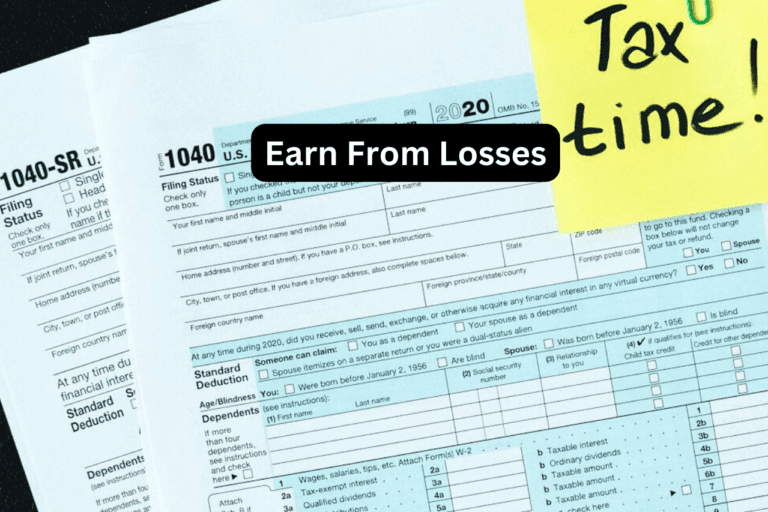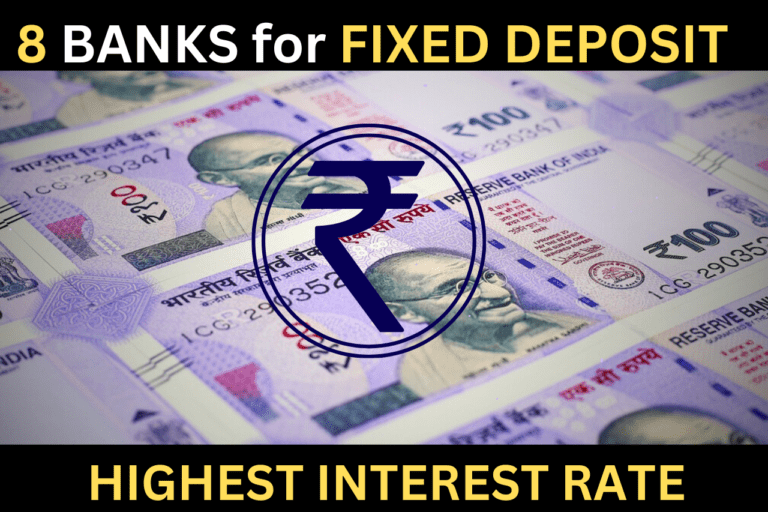16 Legal Steps for How to do Forex Trading in India | March 2024
Trading, Legality and How to do Forex Trading in India ?
This is a short and crisp article for those who are specifically looking straight answer for how to do forex trading in India?
We will give you the direct and precised answer for it but firstly it is important to know that Is Forex Legal in India or Not?
Answer is Yes, but under some Indian Govt. regulations. Information about timing and regulations for forex trading in India are below.
No doubt, Forex is a huge market where people around the world trade in trillions of dollars night and day. They can earn a lot, but they can also lose a lot. Forex trading is risky, so better learn it, before starting it.
In India, more people are getting interested in forex trading but it can be confusing for beginners that how to do forex trading in india?
So, instead of directly going to how to do forex trading in India? Let’s have a quick look on What is forex trading?
What is Forex Trading?
- Forex trading is simply exchanging one currency for another currency to make money. It operates continuously and is active 24 hours a day.
- Each currency, like the US dollar or British pound, has its own market.
- People trade directly with each other and big banks also play a role in setting currency values.
- The foreign exchange market is often referred to as the Forex or FX market and supported by advanced communication technology.
- It allows transactions in currencies between two parties, where each currency operates as its own market, such as the USD market or the GBP market.
- Interbank transactions play a significant role in determining currency values.
- The beginning of forex markets lie in the necessity for traders to settle international transactions. As one of the matured financial markets, forex markets have a significant impact on overall financial stability.
Simplified with Example
What is forex trading and how to do forex trading in india
- Forex trading is also known as currency trading, it is like buying and selling different currencies to earn money. It is similar to exchanging Indian rupees (INR) for US dollars (USD) or vice versa, with the goal of making a profit.
- For example, let’s say you are in India and you think the US dollar will become more valuable compared to the Indian rupee.
- You might decide to buy US dollars using your Indian rupees at the current exchange rate.
- Later, if the value of the US dollar increases against the rupee as you predicted, you can sell the US dollars back to earn a profit in rupees.
- Suppose: If you exchange 500 US dollars (USD) for Indian rupees (INR) at an exchange rate of 1 USD = 80 INR, you would receive 40,000 INR.
Later, if the value of the US dollar increases against the rupee, and the new exchange rate becomes 1 USD = 90 INR, you decide to sell back the 500 US dollars.
At this rate, you would receive 45,000 INR. You have made a profit of 5,000 INR by correctly predicting the exchange rate movement.
- Forex trading happens online through banks and brokers, without a centralized exchange. However, Central Banks have significant powers and can influence the market.
- Central Banks have a big role in the forex market. They decide the value of their country’s currency and can use their foreign reserves to keep the market stable.
- The forex market operates 24 hours a day, five days a week and allowing people to trade at any time. This makes it one of the largest and most active financial markets globally.
- Note 1: In India, the Reserve Bank of India (RBI) regulates the forex market. The RBI, along with the Securities and Exchange Board of India (SEBI), jointly regulates the currency futures trading facility.
- Note 2: In India, you cannot trade Indian currency round the clock. The currency market here operates from Monday to Friday, between 9 AM IST and 5 PM IST. During these hours, traders can buy and sell currency pairs using different trading platforms like banks, brokers, and online trading platforms.
Is Forex Legal in India?
- The answer is Yes, but there are Indian Government guidelines to follow.
- The RBI has established guidelines and regulations for forex trading in India.
- You can do it only through registered Indian broker, but there are strict specific currency pairs you can trade in, like USD/INR, EUR/INR, JPY/INR, and GBP/INR.
- According to these guidelines, Indian residents can only buy and sell in forex trading through registered brokers who are members of recognized exchanges such as the National Stock Exchange (NSE), Bombay Stock Exchange (BSE), and MCX-SX.
How to start Dropshipping Business in India | Popular Post
How to do Forex Trading in India
1. You can trade in forex using your computer or mobile phone. You need your own device because the rate of currency pairs listed on stock exchanges frequently changes. So it is important to have a smart mobile phone all the time to track changes in forex trade to keep you updated.
2. When looking for an online forex broker please consider all the important factors. Begin by visiting the websites of various brokers and choose one that allows trading in INR currency pairs.
3. Check each website to find a reputed broker platform registered with Indian regulatory authorities.
4. If you cannot find details for regulatory bodies like the Securities Exchange Commission (SEC) or the Financial Industry Regulatory Authority (FINRA) on broking site/app then drop that broker and move on to others.
5. Trading platforms are medium to enter the forex market. Most brokers offer their own custom made platforms which you can use online or install on your smart device.
6. Select a platform that is easy to use and reliable. Look for platforms that offer actually helpful features to operate and suits your needs.
7. Ensure that you choose only those trading platforms which are registered with regulatory bodies and affiliated with recognized exchanges like the National Stock Exchange (NSE), Bombay Stock Exchange (BSE), and MCX-SX. This ensures transparency and security in your trading experience.
8. Once you get the app installed then you need to open an account with a licensed broker who must be registered with SEBI, this is to avoid scammers.
9. Start Forex trading by starting with a Micro Forex Trading Account. These accounts require a very less initial investment, making them perfect for newcomers.
10. Some brokers may ask for a minimum deposit to open such an account. They also offer different types of accounts which suit your budget.
11. Begin with smaller trades to learn, with your small leanings by small mistakes, you will gradually progress to larger transactions as you become more confident.
12. The next step after opening a forex trading account is to deposit money to start forex trading account. The funding methods available may differ based on your selected broker.
13. Some brokers may also offer additional payment methods like e-wallets or online payment platforms for added convenience.
14. Afrer setting up your forex trading platform (app), do some practice with demo accounts instead of directly investing in live trading. Some apps give this option.
15. These demos allow you to trade with virtual currency, so you can get comfortable with the platform without risking any real funds. Once you feel confident then operate the platform, you can transition to trading with real money.
16. These platforms are like bridges that connect traders to the forex market. Many brokers provide their own special platform for forex trading.
Conclusion:
Forex or foreign exchange trading means buying and selling currencies to make money from their changing values. It is like investing the stock market but instead of stocks, you will be dealing with different countries currency. Forex trading is legal in India but there are rules you have to follow. You need to use registered brokers and stick to certain currency pairs and trading times. Just be careful because forex trading can be risky. But if you have the right knowledge and strategy, you may possibly make profits. So, if you are interested then do your researches, start with small investment and trade smartly.
Home Loan Insurance : Plans, Types, Transfer, Coverage, Cost & Claims
Disclaimer: The information provided in this article is for informational purposes only and is based on publicly available sources to the best of our knowledge. While we strive to ensure accuracy, we cannot guarantee it.
Forex trading carries inherent risks, and individuals should be aware of the potential for financial losses. Before engaging in forex trading, readers should review the rules and regulations of their own country and consult the current guidelines issued by regulatory authorities such as the Reserve Bank of India (RBI).
We are not liable for any losses incurred as a result of forex trading. The information provided is generic and should not be considered as personalized advice. It may change over time and is subject to updation, revision, and verification.
We do not endorse any specific platform or service for forex trading, and readers are encouraged to use their discretion. It is recommended to seek the advice of a professional and authorized advisor before making any investment decisions. Strictly adhere to government regulations and exercise caution to avoid potential scams in the forex trading industry.







